The Albany Plan of Union
the development of the American republic & the creation of the American system of government.
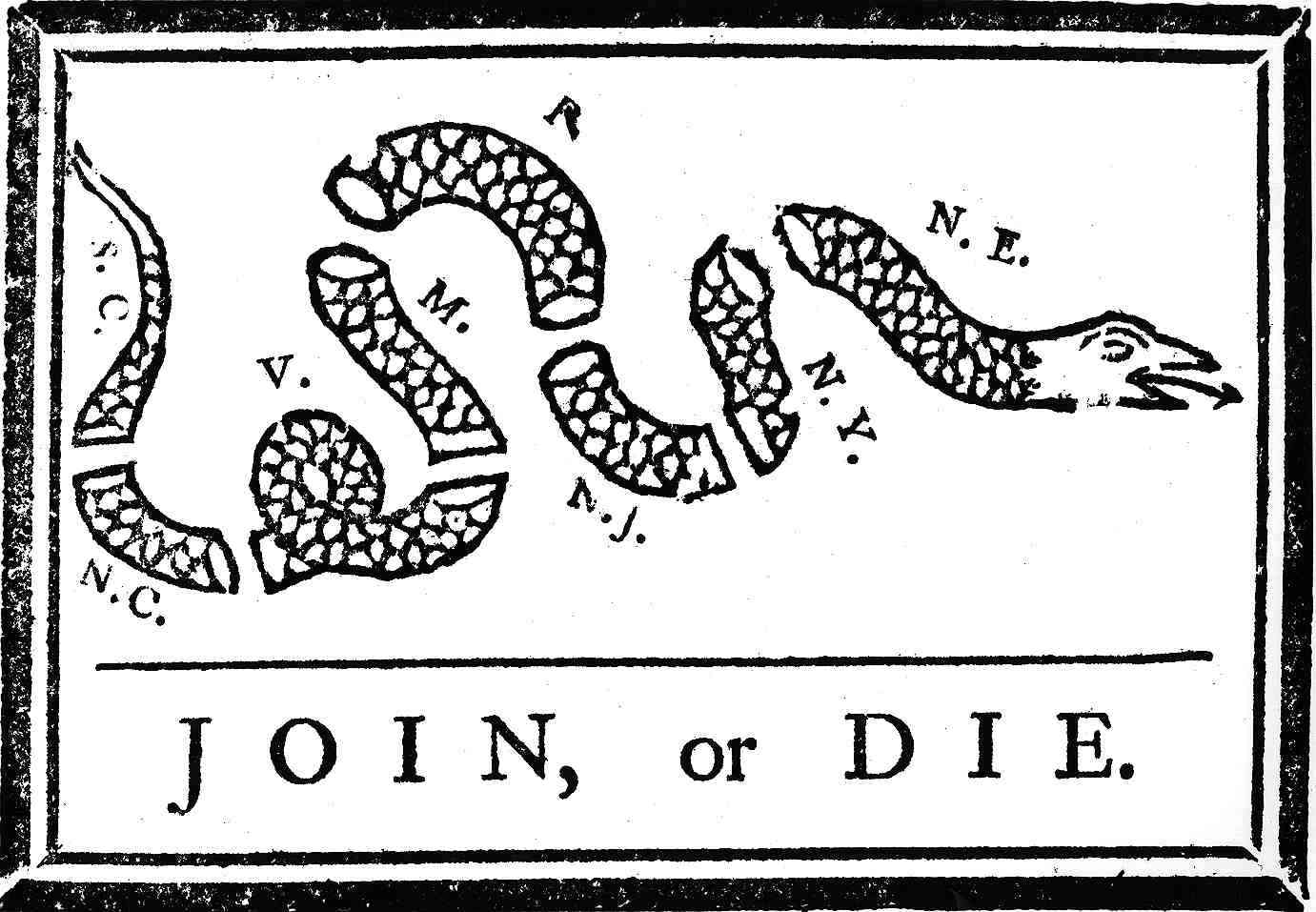
The British and the French wars and rivalry for control of the North American continent has led in the fifties of 1700, to what is now known as "the French and Indian wars". these wars has taken place from 1754 and until 1763, when the great English empire won and defeated the French, The English became the greatest dominant power in the world. Controlling the seas of what are now Canada and the United States Of America.
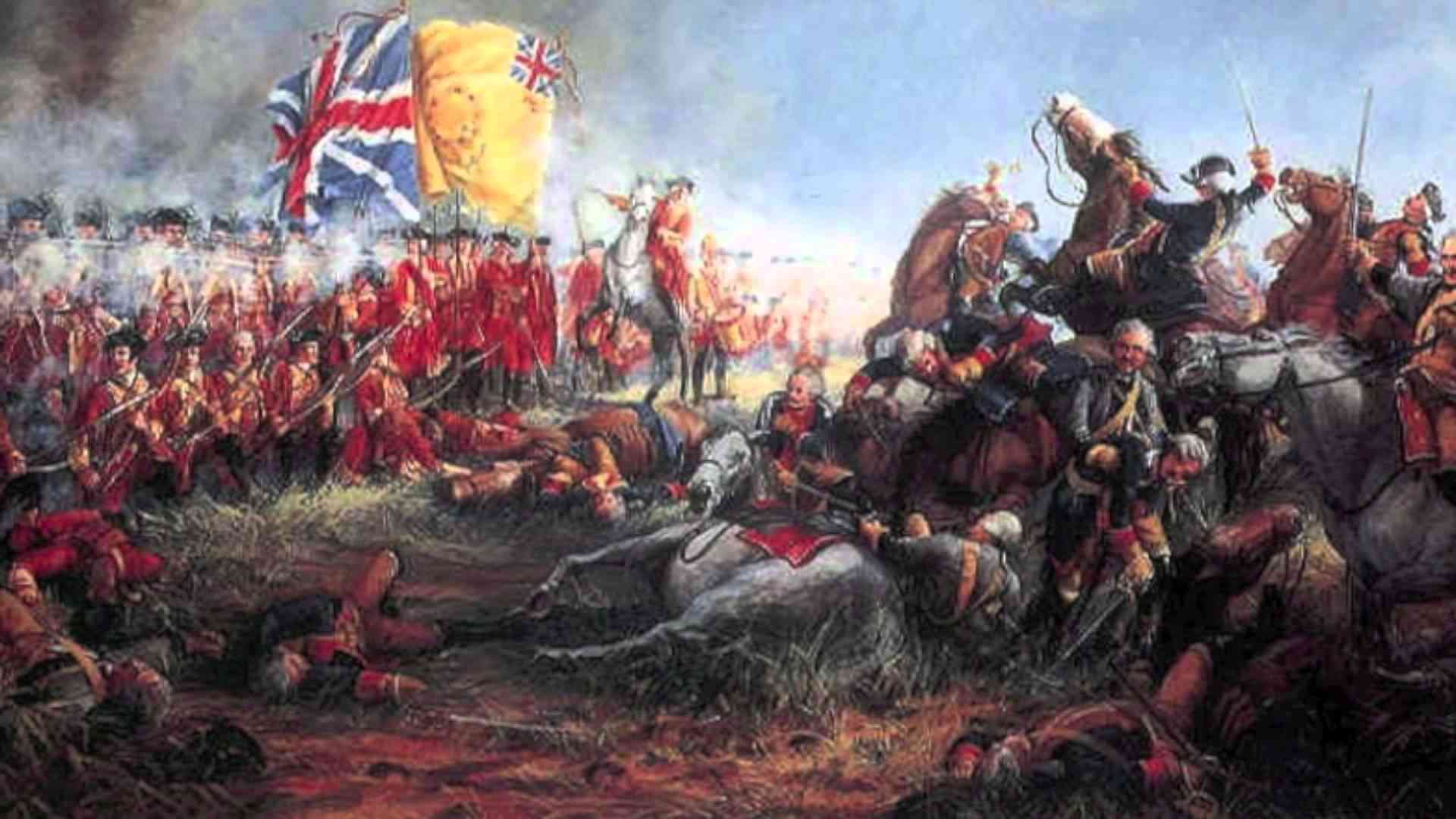
The American colonies were right in the middle of this dominance struggle of super powers between The English and the french. and always looked for ways to finish the conflict that is been held on their territories, In June of 1754, An Idea and then an effort was made by the colonies to create a union with the English (England) which would have granted them a great matter of dependence, while still aligning them close to England too, delegates from nearly all of the northern colonies alongside with representatives of the Iroquois Confederacy (a union of six Native American tribes from the upstate New York area)
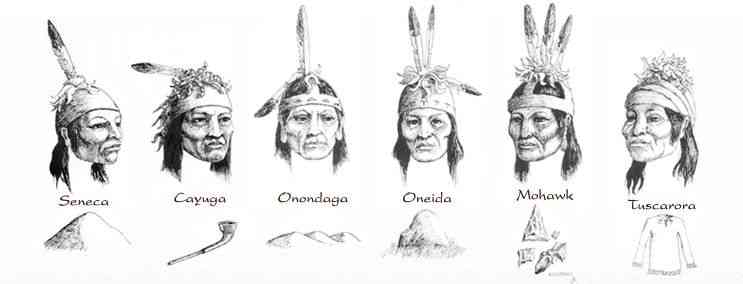
Which have met in albany, New York, for the reason of sorting out details of the proposed union. the representatives of the Iroquois Confederacy at this meeting have adopted the "Plan Of Union" made by Pennsylvania delegate Benjamin Franklin. in according to Benjamin Franklin's plan, the state will be forming a union with the election of an elected legislature, known as a Grand Council (elected for three- year terms) with an executive known as a president- general, who was to be appointed by the Crown in England.
The strange genius of this plan is that it has severed relations with England and also strengthened them at the same time. this was literally a paradox, but an ingenious one to say the least. the plan was like a trade off with the England. Having some dependence, the colonies would swear allegiance to the Crown, If the crown agreed and accepted to let the colonies to govern themselves (to a degree) and they would embrace the legitimacy and acknowledgment of the motherland.
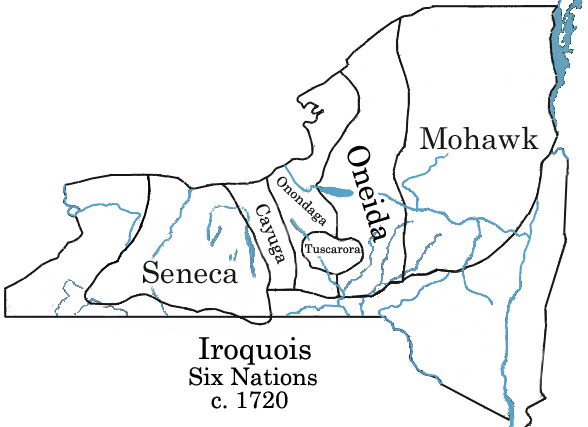
One of the most paradoxical things of this "Albany Plan of Union" is that it was modeled very closely after the Iroquois Confederacy, the Iroquois Confederacy was a union of 5 (later became six) Native American tribal gatherings who held and occupied upstate of New York in what is today known as the Finger Lake area (near Cooperstown).
The Iroquois Confederacy was a union with great form of active democracy between the six tribes who maintained some independence while still under the influence of the organization known as the confederacy. Ruled by "The Great Law" which was the type of Franklin’s Plan for Union, this created a gathering union of tribes with a separation of powers, voting rights, democratic requirements, checks and balances, and the rule of law, in short, all the elements that would later make up the U.S. Constitution.
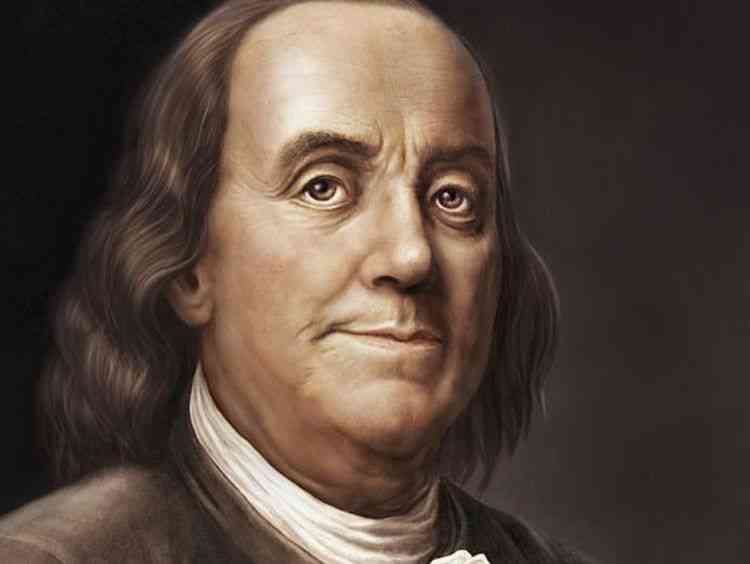
While the Iroquois Confederacy served as the type of Franklin’s Plan for Union, the government in the united states did not adopt all of it, For example, the Iroquois Confederacy had several leaders not just one, and leaders were chosen to be in charge of several functional areas (such as war), with no ONE major leader or ruler, and also, women was given even more rights in the Iroquois Confederacy than in the U.S. Constitution.
And men of religion and such were given a high rule over the life of the confederacy, which will than can be the case within the new system later established in the United States. With all this, it is now clear that the Iroquois Confederacy had a major and great impact on Benjamin Franklin and the making of the Albany Plan of Union, with a bit smaller but still large deal of impact on the making of the U.S. Constitution.

While the the colonists looked upon Europe for a model in making their new government, all they seen was non-democratic ways of rule such as monarchist, kings and so on, and when they looked up to the Iroquois Confederacy, they saw a better republican sort of government type, with financial system of checks and balances, and with a form of power separation, voting rights, and a better nor a command made leadership system. with the much of revolutionary that has been seen in the United States Constitution to the British, it was still less democratic than the Iroquois Confederacy which was going on for decade before the colonists began thinking of creating a republic.
While some historians say that the impact of the Iroquois Confederacy was not as great and that the framers of the American republic looked primarily to Europe for inspiration, a large increasing number of historians, in reexamining the historical record, are going to the conclusion that of course, the Iroquois Confederacy did have a large impact on the creation of the American republic, and they sought to be included in the story of creating the american constitutional system of democracy,
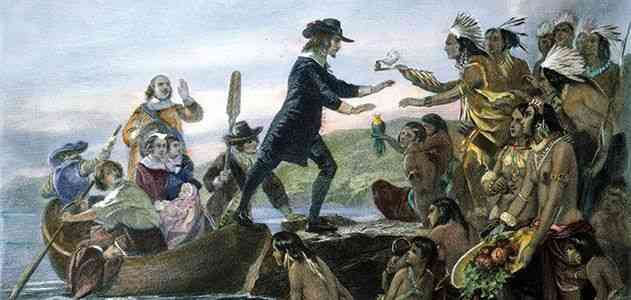
While the colonists thought they had a great offer to the motherland, the British saw through this plan and rejected the offer of the colonies. The Crown saw that it did not have to make such a deal and preferred total dominance over the colonies, rather than this power- sharing model. so, while the plan failed, it did served as a great constitutional argument for an independent nation, a model of what would follow two decades later.
It would be another two decades before the fire of revolution would sweep the colonies, but revolution, when it came, did not happen very fast. It was a step- by- step walk with two steps forward, and one step back. The actions of Benjamin Franklin, and the developments of the Albany Plan of Union were a large, if often overlooked part of the long and harsh process. And the lost history of the role played by six nations of the Iroquois Confederacy on the creating of the American republic, often forgotten, gives greater depth to the story of the making of the American system of government.
Thanks ALL

